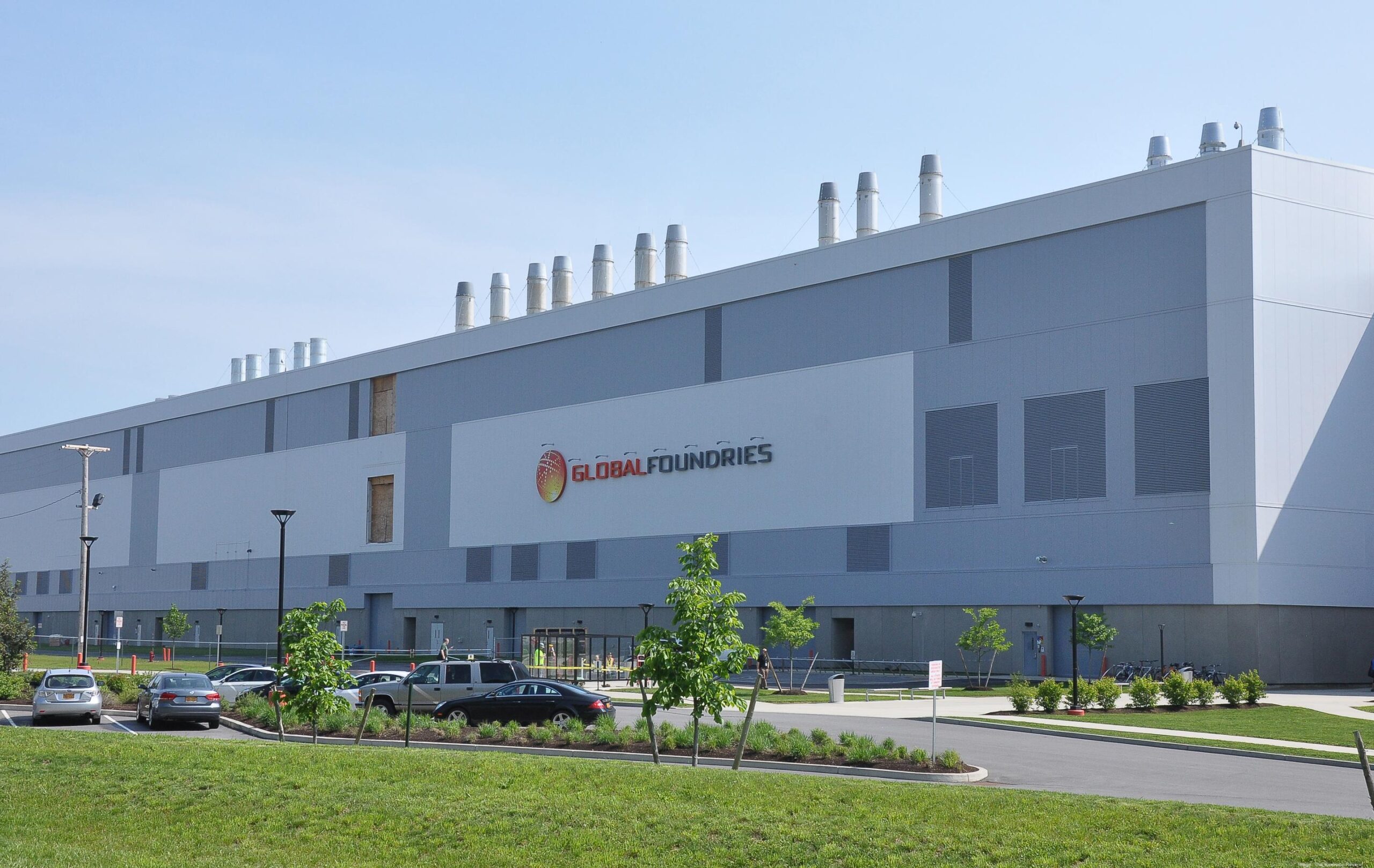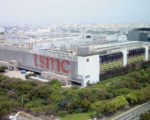The Biden Administration Awards $1.5 Billion to GlobalFoundries to Expand Semiconductor Production in the US.The U.S. government has announced a $1.5 billion grant to GlobalFoundries in efforts to bolster domestic semiconductor production, aiming to address vulnerabilities highlighted by the COVID-19 pandemic. GlobalFoundries, the world’s third-largest contract chipmaker, is set to construct a new semiconductor facility in Malta, New York, and enhance existing operations in both Malta and Burlington, Vermont, as outlined in a preliminary agreement with the Commerce Department.
/cloudfront-us-east-2.images.arcpublishing.com/reuters/2X6Z7UHHMFN2DI2TTK26ZVNO34.jpg)
Thomas Caulfield, President and CEO of GlobalFoundries, emphasized the need for the semiconductor industry to focus on increasing demand for U.S.-made chips and expanding the American semiconductor workforce,”
Caulfield stated in a release.
While GlobalFoundries recently inaugurated a $4 billion semiconductor fabrication plant in Singapore as part of its global expansion efforts,
Commerce Secretary Gina Raimondo noted that this marks the government’s third announcement regarding the CHIPS initiative. She indicated that the Department of Commerce intends to make several funding awards in the coming weeks and months from the $39 billion program aimed at boosting semiconductor manufacturing. “We’re just getting started,” she remarked.
The expansion of the Malta facility will ensure a consistent supply of chips for auto suppliers and manufacturers, including General Motors (GM). Raimondo highlighted a recent long-term deal between GlobalFoundries and GM to secure U.S.-made processors, aiming to prevent chip shortages that disrupted vehicle production during the pandemic. “Today’s announcement will ensure that this doesn’t happen again,” Raimondo affirmed during a briefing on the agreement.
Moreover, the new facility in Malta will manufacture high-value chips not currently produced in the United States. Additionally, the refurbished Burlington facility will become the first U.S. site capable of high-volume production of next-generation gallium nitride on silicon semiconductors. These semiconductors are integral to electric vehicles, the power grid, and smartphones, Raimondo explained.














